Case Studies.
Add Case Study
Our Case Study database tracks 8,303 case studies in the global enterprise technology ecosystem.
Filters allow you to explore case studies quickly and efficiently.
Filters
-
(6)
- (4)
- (1)
- (1)
-
(5)
- (3)
- (1)
- (1)
-
(5)
- (5)
-
(2)
- (1)
- (1)
-
(2)
- (2)
- (1)
- View all 6 Technologies
- (6)
- (1)
- (5)
- (1)
- (5)
- (1)
- (2)
- (1)
- (1)
- (1)
Selected Filters
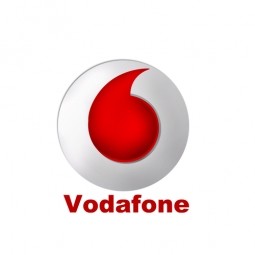
|
GPRS Mobile Network for Smart Metering
Around the world, the electricity supply industry is turning to ‘smart’ meters to lower costs, reduce emissions and improve the management of customer supplies. Smart meters collect detailed consumption information and using this feedback consumers can better understand their energy usage which in turn enables them to modify their consumption to save money and help to cut carbon emissions. A smart meter can be defined in many ways, but generally includes an element of two-way communication between the household meter and the utility provider to efficiently collect detailed energy usage data. Some implementations include consumer feedback beyond the energy bill to include online web data, SMS text messages or an information display in consumers’ premises. Providing a cost-effective, reliable communications mechanism is one of the most challenging aspects of a smart meter implementation. In New Zealand, the utilities have embraced smart metering and designed cost effective ways for it to be implemented. The New Zealand government has encouraged such a move to smart metering by ensuring the energy legislation is consistent with the delivery of benefits to the consumer while allowing innovation in this area. On the ground, AMS is a leader in the deployment of smart metering and associated services. Several of New Zealand’s energy retailers were looking for smart metering services for their residential and small business customers which will eventually account for over 500,000 meters when the multi-year national deployment program is concluded. To respond to these requirements, AMS needed to put together a solution that included data communications between each meter and the central data collection point and the solution proposed by Vodafone satisfied that requirement.
|
|
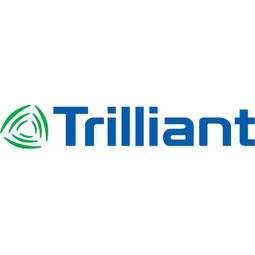
|
British Gas Modernizes its Operations with Innovative Smart Metering Deployment
The UK government has mandated that smart meters are rolled out as standard across Great Britain by end of 2020, and this roll-out is estimated to create £14 billion in net benefits to the UK in consumer energy savings and lower energy generation demand, according to the Oxford Economics report, “The Value of Smart Metering to Great Britain.” While smart-metering systems have been deployed in many countries, the roll-out in Great Britain is unique because it is led by energy retailers, who have responsibility for the Electricity and Gas meters. The decision to have a retailer-led roll out was made by DECC (Department of Energy and Climate Change) to improve customer experience and drive consumer benefits. It has also led to some unique system-level requirements to support the unique local regulatory model.
|
|
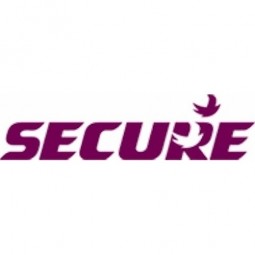
|
Energy Management System at Sugar Industry
The company wanted to use the information from the system to claim under the renewable energy certificate scheme. The benefit to the company under the renewable energy certificates is Rs 75 million a year. To enable the above, an end-to-end solution for load monitoring, consumption monitoring, online data monitoring, automatic meter data acquisition which can be exported to SAP and other applications is required.
|
|
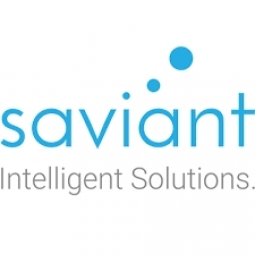
|
Transforming Water Utilities with IoT, saving a Billion Gallons every year!
The big problem that Utilities face includes:(i) How to make meters “smart” and ingest the data from homes to the companies and;(ii) how to derive intelligent actions from huge amounts of meter data, in an efficient and cost-effective way.Solving these problems would help Utilities track & monitor water consumption data, identify leakage, theft & various anomalies. This demands the need of a scalable system with remote asset management & proactive maintenance capabilities. This would also help end-consumers understand their water usage for better decision-making to conserve water.
|
|

|
Helping Enexis Power Ahead with Smart Meter Rollout
Enexis is an independent grid operator and one of the largest energy distributors in the Netherlands. Working with energy suppliers, it manages 2 million gas and 2.6 million electricity connections to customers in seven provinces, representing approximately one third of the Dutch market. In 2008, a European Union (EU) directive stipulated that 80% of energy customers must be able to monitor energy consumption by 2020. The Dutch government responded by making a legal requirement for energy operators to install smart metering technology in homes. To meet these targets, Enexis will need to deploy approximately 5 million smart meters, each transmitting energy consumption data once a day, every day. Since 2011, Enexis no longer installs conventional meters, every new meter installed in the grid is a smart meter. This means that during the first few years of rollout, smart meters are installed across the grid. To achieve this, Enexis had several options. Routing data via Power Line Connections (PLC) was impractical because, to work effectively, entire districts would have to install smart meters simultaneously. With the initial rollout limited to replacing faulty meters and new installations, this was not viable. Transmitting data via WiFi, another option, would mean home owners needing a guaranteed connection. “Because we install smart meters that are scattered across our distribution network, the most effective solution was GPRS over M2M SIMs,” says Lonneke Driessen-Mutters, Smart Metering Operations Manager at Enexis. M2M SIMs installed in smart meters would be able to transmit data via Vodafone’s comprehensive mobile coverage in the Netherlands, with no homeowner involvement and minimum installation effort. Enexis invited a number of mobile communications suppliers in the Netherlands to tender. After careful consideration, Vodafone was selected based on cost and service commitments. In addition, Enexis already had a relationship with Vodafone, as they provide approximately 3,000 of the company’s voice and data connections, so they knew the service they could expect. “We’re owned by local government, so our money is public money. The solution had to be cost effective as we have to be careful what we spend,” says Driessen-Mutters.
|
|
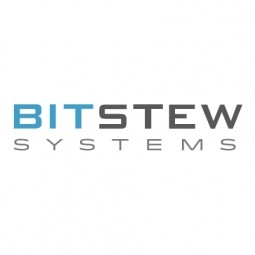
|
Modernizing a Legacy Energy Grid
For AusNet, this represented a tremendous challenge to replace 700,000 legacy meters across a diverse geographical environment creating additional network communications coverage complexity. The Victorian state government also required that the new meters would need to maintain high-performance levels for 15 years. To demonstrate compliance and smart grid uptime, AusNet would need to consistently produce accurate meter performance data on a daily basis for 20 market retailers. This required integrating and analyzing massive volumes of smart grid data in real-time.
|
|

|
Driving the Future of Smart Energy
In 2011, BC Hydro began an ambitious smart grid project that included replacing old electromechanical meters with nearly two million state-of-the-art smart meters. The company undertook its industry-leading smart grid rollout with the goals of improving energy efficiency and reliability in the region while reducing losses and more quickly identifying power outages. As BC Hydro began its smart meter roll-out, the leadership quickly recognized that without the right technology, it would face significant challenges integrating data from so many different sources throughout its operations.
|
|

